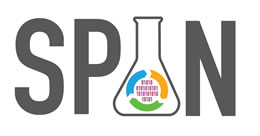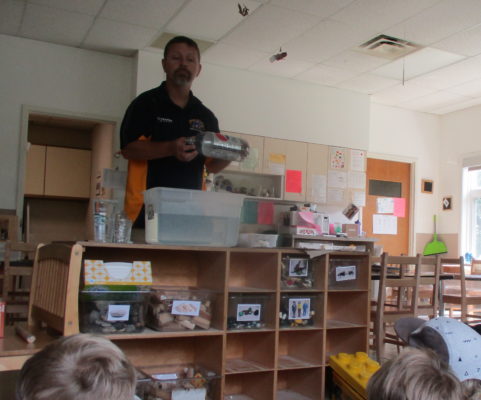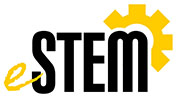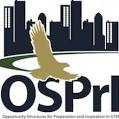Projects
C(SE)2 Projects

Fostering Student Computational Thinking with Self-Regulated Learning
October 1, 2018
This award-winning project (VA Projects That Work, 2023) advances research and development of new transdisciplinary approaches to computational STEM teaching and learning that integrates the fields of Computational Thinking (CT) and Self-Regulated Learning (SRL) into science activities in four content areas: Earth Science, Biology, Chemistry, and Physics…Read more »

SPARK-STEM – Sparking a Sense of Wonder in Mathematics and Science
September 7, 2017
The project goals for SPARK STEM is to develop and deliver an integrated STEM PBL Professional development for upper elementary/middle grades(4-6). “Ambitious teaching” which describes “teaching that aims to teach all kinds of students to not only know academic subjects, but also to be able to use what they know in working on authentic problems in academic…Read more »

Developing a Model of STEM-Focused Elementary Schools (eSTEM)
September 6, 2017
Early learning experiences in Science, Technology, Engineering and Mathematics (STEM) are critical in preparing elementary school students for STEM learning in middle and high school, as well as for future careers in STEM-related fields. However, limited exposure to STEM in the elementary years can lead to reduced STEM interest, course taking, and achievement in the…Read more »

Epistemic Network Analysis
September 6, 2017
Epistemic Network Analysis (ENA) is a method of inquiry used to map a particular group’s epistemic understanding of science. It is a method adapted from social network analysis, but instead of people as nodes on the map, the nodes represent ideas. These maps are helpful in understanding how a group understands the ways ideas are…Read more »

Use of Self-Regulated Learning in Teacher Professional Development
September 6, 2017
The purpose of this research is to provide a professional development opportunities so that they can that help teachers understand Self-Regulated Learning Theory (Zimmerman, 2000) to enhance student learning strategies in various content areas. We have done research on self-regulated learning (SRL) with student argumentation in science, designing conceptual models for forming scientific investigations, computational thinking in science for high school students, and inquiry-based earth science instruction for elementary students.…Read more »

Inclusive STEM High School Design
September 4, 2017
The OSPrI study examined the design, implementation, and outcome dimensions, as well as the unique contextual elements for a new kind of school that is quietly emerging across the US, Inclusive STEM-focused High Schools (ISHSs). These schools differ from older, highly selective STEM-focused schools that target students identified as being STEM gifted/talented. In contrast, the goal of ISHSs is to develop new sources of STEM talent among under-represented minority students, and provide them with opportunity structures to succeed in school and in STEM jobs, college majors, and careers…Read more »
